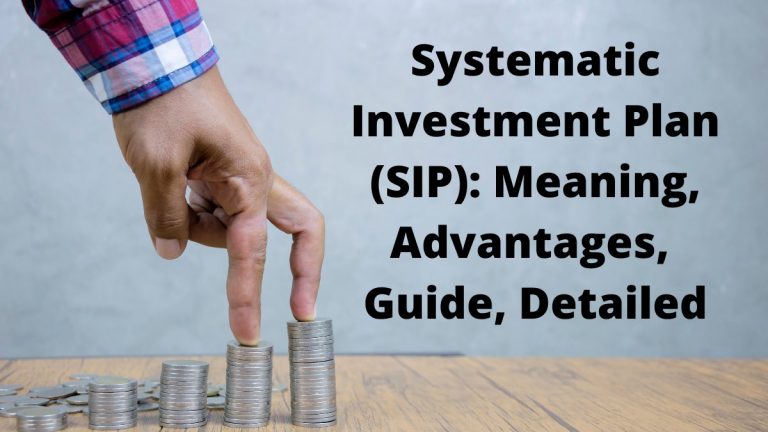Investors are drawn to Systematic Investment Plans (SIPs) for their disciplined and convenient approach to growing wealth through mutual funds, but it’s essential to recognize that SIPs come in various types, and selecting the one aligned with your specific financial objectives is paramount.

Read more.. A Guide to Successful SIP Investments: Financial Prosperity
Read more.. Unveiling the 5 Distinctive Aspects of SIP (Session Initiation Protocol)
1.Equity SIP
Investors with a higher tolerance for risk often favor Equity SIPs, which predominantly channel funds into equity mutual funds, comprising investments in company stocks, offering the potential for substantial long-term returns but accompanied by increased market volatility, making them a suitable choice for those with a lengthy investment horizon.

Read more.. The Power of Understanding Your CIBIL Score
Read more.. Navigating the Mosaic: Specialized Areas of Focus in CIBIL Scores
2.Debt SIP
Debt SIPs, in contrast, carry lower levels of risk as they primarily allocate funds to debt instruments such as government bonds, corporate bonds, and fixed-income securities. Debt SIPs provide stable and predictable returns, making them a good choice for investors seeking capital preservation and steady income. If you are risk-averse or nearing your financial goals, debt SIPs can be a prudent option.
3.Hybrid SIP
Hybrid SIPs effectively blend the realms of equity and debt investments, meticulously distributing funds across both asset classes to yield a well-rounded, diversified portfolio. This strategic diversification not only mitigates risk but also opens the door to the prospect of respectable returns, making Hybrid SIPs an ideal choice for investors seeking a balanced risk-reward profile, particularly if uncertainty surrounds their risk appetite.
4.Tax-Saving SIP
Tax-saving SIPs, often referred to as Equity-Linked Saving Schemes (ELSS), offer a two-fold benefit by enabling you to reduce your income tax liability under Section 80C of the Income Tax Act while also presenting the opportunity for capital growth; with a typical lock-in period of three years, they are a choice for those looking to save on taxes while simultaneously fostering long-term wealth accumulation.
5.Sectoral SIP
Sectoral SIPs focus on specific sectors of the economy, such as technology, healthcare, or banking. They can provide concentrated exposure to industries with growth potential. However, they are riskier than diversified SIPs as their performance is closely tied to the chosen sector’s health. Sectoral SIPs are suitable for investors with a keen interest in a particular industry and a willingness to accept higher risk.
6.Index SIP
Index SIPs mirror the performance of a market index, like the Nifty or Sensex. They aim to replicate the returns of the index they track. These SIPs are cost-effective and offer broad market exposure. Index SIPs are a good choice for passive investors who prefer a hands-off approach and believe in the overall growth of the market.
Conclusion
Selecting the right type of SIP is a critical decision on your financial journey. It should align with your investment goals, risk tolerance, and time horizon. Diversifying your investments across different types of SIPs is also a prudent strategy to spread risk and optimize returns. Consult with a financial advisor if you’re uncertain about which SIP suits you best. Remember, your choice today can shape your financial future, so make it wisely.





